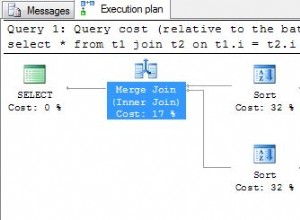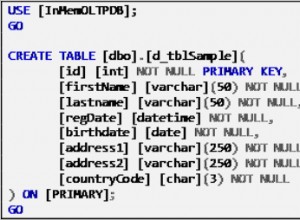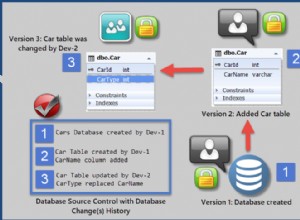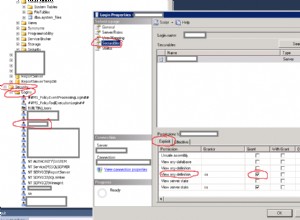Skończyło się na skopiowaniu folderu Zend z potrzebnymi komponentami do folderu o nazwie Library i w ten sposób na przykład tworzę instancję Autoloadera.
/* Define site root */
defined('DOCUMENT_ROOT') ? null : define('DOCUMENT_ROOT',realpath(dirname(__FILE__)));
defined('SITE_ROOT') ? null : define('SITE_ROOT',realpath(dirname(DOCUMENT_ROOT).'\mysite'));
$includePath[] = DOCUMENT_ROOT.'.';
$includePath[] = SITE_ROOT . '\Library';
$includePath[] = get_include_path();
$includePath = implode(PATH_SEPARATOR,$includePath);
set_include_path($includePath);
//Including Zend LoaderClass
require_once('Library/Zend/Loader/Autoloader.php');
//Loading the auto loader file.( Including the autoloader.php file)
$autoloader = Zend_Loader_Autoloader::getInstance();




